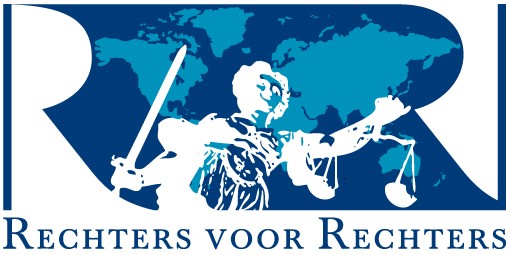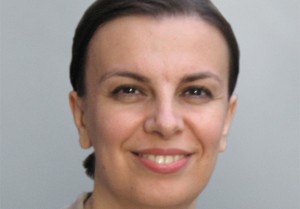
Judges from Central America meet in Guatemala on 4-5 June at the International Conference on Impunity and Independence of the Judiciary.
The conference will be followed by a public debate on the role of judges in confronting the phenomenom of impunity.
The event is organized with the support of the EU, the Canton de Genève, Dan Churchaid and medico international.
Below, listen to Ramón Cadena, ICJ Regional Director for Central America, who talks (in Spanish) about the importance of this conference.
==================================================
Jueces de Centroamérica tratan el tema de la impunidad
Las actividades de la Conferencia Regional sobre Independencia Judicial y fenómeno de la impunidad en Centroamérica, con la participación de aproximadamente 25 jueces de la región el 4 y 5 de junio en Guatemala, se llevarán a cabo precisamente una semana después de que la Corte de Constitucionalidad emitiera el controversial fallo que anulara la sentencia que por el delito de Genocidio y Delito Contra los Deberes de Humanidad emitiera en contra del militar retirado José Efraín Ríos Montt el Tribunal de Mayor Riesgo A, Presidido por la Jueza Jazmín Barrios. Continue reading Conference on impunity in Central America | CIJL-ICJ

